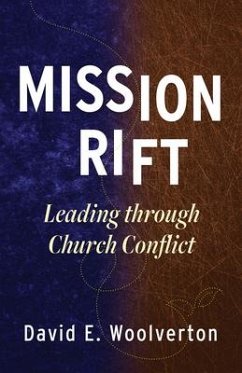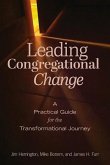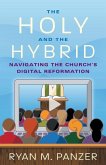There are two types of conflict in congregations: conflict that kills and conflict that cultivates growth. So argues David E. Woolverton in Mission Rift: Leading through Church Conflict. Conflict that kills--that damages or destroys teams, ministries, missions, vibrancy--occurs when we as the people of God forget who we are, why we're here, and where we're going in carrying out the divine mission. Conflict that cultivates growth often begins with the same scenarios, but leaders see conflict as a context for learning how to live together as a people called to transform their neighborhoods, schools, and workplaces. In Mission Rift, Woolverton reorients our view of congregational conflict. In part 1, he examines conflict from a theological and ecclesiological framework, exploring why it is essential to discipleship and mission. In part 2, he presents six principles of missional leadership, challenging pastors and other leaders to define themselves within the frameworks of spiritual formation and family systems, and then to create environments that facilitate growth in faith communities. Rather than resolve conflict too quickly, Woolverton explains, lest we inadvertently sabotage the potential it has to draw a congregation toward spiritual growth, wise leaders recognize that a lack of conflict may be a symptom of missional decline, rather than congregational unity. When the church pursuesits divine mission first, conflict may become essential for defining its mission priorities. Successfully leading through conflict toward a transformative end will empower a congregation's witness within its community and beyond.
Hinweis: Dieser Artikel kann nur an eine deutsche Lieferadresse ausgeliefert werden.
Hinweis: Dieser Artikel kann nur an eine deutsche Lieferadresse ausgeliefert werden.









